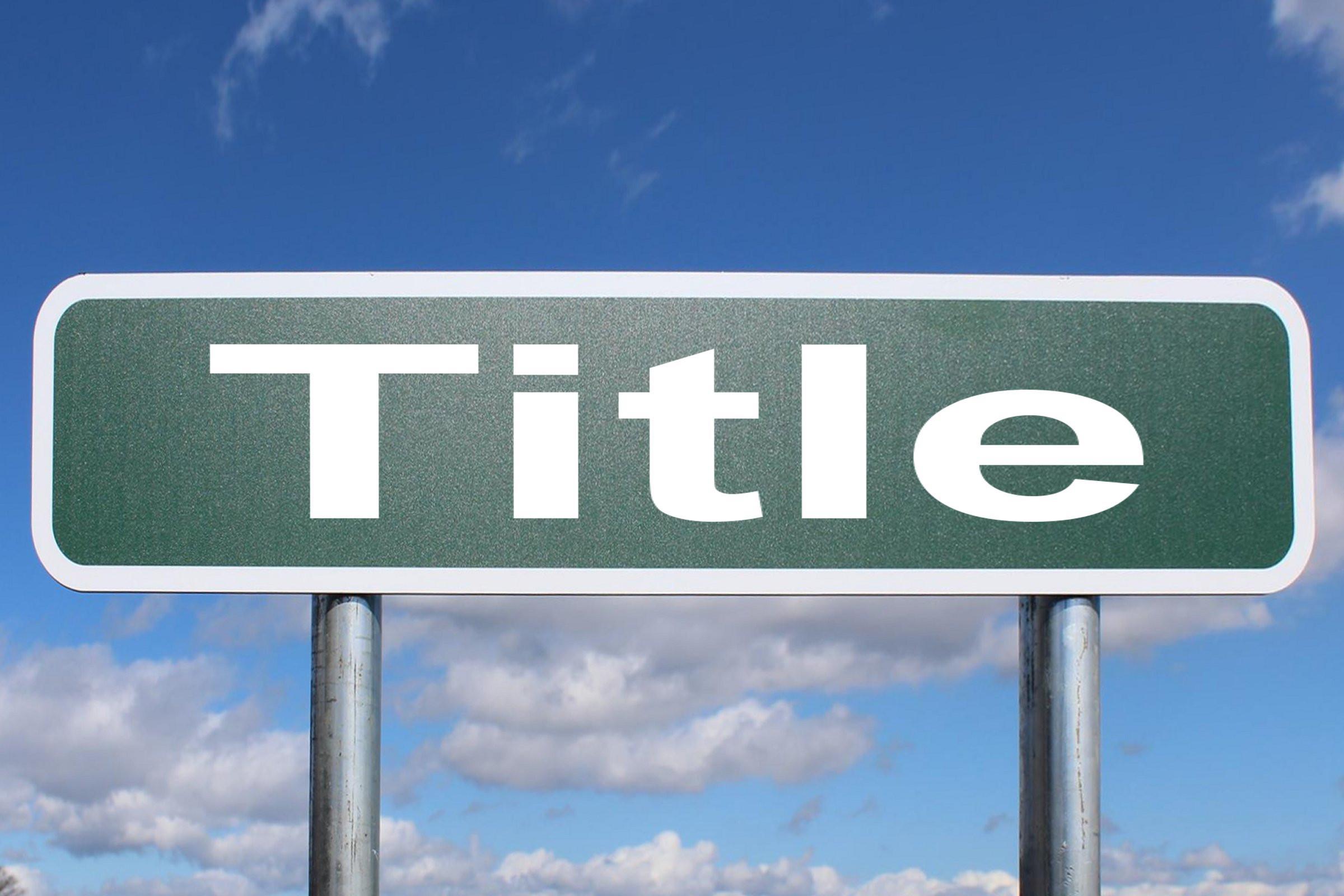When navigating the intricate realm of estate planning and probate, a frequently asked question is whether life insurance policies must undergo the probate process. This issue often leads to confusion and uncertainty for those dealing with the legalities following a loved one’s death. Let’s explore this topic in depth to clarify the connection between life insurance and probate.
Life Insurance and the Probate Process
Life insurance policies are generally intended to provide financial support to beneficiaries after the policyholder’s death. A common query is whether life insurance proceeds must go through probate. The answer hinges on several critical factors.
Key Considerations:
- Beneficiary Designations: Policyholders can name one or more beneficiaries to receive the proceeds upon their death. If beneficiaries are designated, the proceeds typically bypass probate and go directly to the named individuals.
- Policy Ownership: If the policyholder owns the policy, the proceeds may become part of their estate and be subject to probate. However, if the policy is owned by a trust or another person, the proceeds can avoid probate.
It’s essential to review your life insurance policy and estate planning documents to ensure your wishes are clearly documented. Consulting with a financial advisor or estate planning attorney can help determine whether your life insurance proceeds will need to go through probate.
Strategies to Avoid Probate for Life Insurance Proceeds
One of the significant benefits of having a life insurance policy is that the proceeds typically do not have to go through probate. Probate is the legal process of distributing a deceased person’s assets according to their will or state law. However, life insurance proceeds are usually paid directly to the named beneficiaries, bypassing probate. This allows beneficiaries to receive the death benefit quickly and without the costs and delays associated with probate.
Here are several ways to ensure that life insurance proceeds avoid probate:
- Designate Specific Beneficiaries: When setting up a life insurance policy, name specific individuals or entities as beneficiaries to ensure the proceeds go directly to the intended recipients.
- Keep Beneficiary Designations Up to Date: Life changes such as marriage, divorce, or the birth of children may necessitate updating your beneficiary designations to reflect your current wishes.
- Consider Setting Up a Trust: If you want additional control over how the life insurance proceeds are distributed, consider creating a trust and naming the trust as the beneficiary.
| Pros | Cons |
|---|---|
| Quick distribution to beneficiaries | No opportunity for creditors to access funds |
| Avoids probate costs and delays | May require more planning upfront |
Factors Influencing Probate Requirements for Life Insurance
Several important factors determine whether life insurance proceeds will need to go through probate after the policyholder’s death:
- Beneficiary Designation: If the policyholder has named a specific beneficiary, the proceeds can typically be paid directly to that individual without going through probate.
- Policy Ownership: If the policyholder owns the life insurance policy, the proceeds may be subject to probate. However, if the policy is owned by a trust or another individual, probate may be avoided.
- State Laws: Each state has its own laws regarding probate and life insurance. It’s important to consult with a legal professional to understand how these laws may impact the distribution of life insurance proceeds.
| Factor | Effect on Probate |
|---|---|
| Beneficiary Designation | Bypasses probate if specified |
| Policy Ownership | Ownership structure can impact probate |
| State Laws | Determine probate requirements |
Carefully considering these factors when setting up a life insurance policy ensures that your loved ones receive the financial support they need promptly, without the complications of probate.
Guidelines for Smooth Transfer of Life Insurance Benefits
When it comes to transferring life insurance benefits, many people wonder if the process must go through probate. Fortunately, life insurance proceeds typically do not have to go through probate, as they are usually paid directly to the named beneficiaries.
However, there are situations where life insurance proceeds may need to go through probate, such as when the beneficiary is deceased or when there is no named beneficiary. To ensure a smooth transfer of life insurance benefits, follow these tips:
- Keep Your Beneficiary Information Up to Date: Regularly review and update your beneficiaries to avoid any future complications.
- Communicate with Your Loved Ones: Ensure your beneficiaries are aware of the policy and know how to file a claim.
- Consult with a Professional: If you are unsure about the transfer process, seek advice from a financial advisor or estate planning attorney.
Conclusion
The question of whether life insurance policies must go through probate ultimately depends on various factors, including the specific circumstances of the policyholder’s estate and beneficiaries. While some policies may avoid the probate process altogether, others may be subject to certain legal requirements. It is crucial for individuals to carefully review their insurance policies and consult with legal professionals to ensure that their loved ones are properly protected in the event of their passing. Proper planning and understanding of the probate process can help alleviate potential complexities and ensure a smoother transition of assets to beneficiaries. Thank you for reading.

Unlocking the Mystery: Does Life Insurance Need to Go Through Probate?
Understanding life insurance and probate can be overwhelming. Here, we delve into the details to provide clarity on whether life insurance policies need to go through probate, and how you can manage them effectively.
What is Probate?
Probate is the legal process of administering the estate of a deceased person. It involves validating the will, if one exists, and distributing the estate according to either the will or state laws if there’s no will. In this process, the court ensures that debts and taxes are paid before the remaining assets are distributed to beneficiaries.
Does Life Insurance Go Through Probate?
Typically, life insurance proceeds do not need to go through probate. When a life insurance policy has a named beneficiary, the proceeds are usually paid directly to them. However, there are specific situations where life insurance might need to undergo probate.
Scenarios Where Life Insurance May Require Probate
- No Named Beneficiary: If the policyholder fails to designate a beneficiary, or if the beneficiary predeceases the insured, the proceeds may become part of the estate.
- Estate Named as Beneficiary: If the estate itself is named as the beneficiary, then the proceeds will go through probate.
- Invalid Beneficiary Designation: An incorrect designation or a legal contest could render the beneficiary clause invalid, necessitating probate.
Practical Tips to Avoid Life Insurance Probate
1. Properly Designate Beneficiaries
Ensure you name primary and contingent beneficiaries. Regularly review and update the designations in case of significant life changes such as marriage, divorce, or the birth of a child.
2. Consider Setting Up a Trust
Setting up a trust can be an efficient way to manage life insurance proceeds. By naming the trust as the beneficiary, you can sidestep probate entirely, while also gaining more control over how and when your beneficiaries receive the funds.
3. Use Payable-On-Death (POD) Designations
Designate your life insurance proceeds as POD. This ensures funds are payable directly to the beneficiary, bypassing probate.
First-Hand Experiences from Estate Planners
We interviewed estate planners who shared real-life examples of clients who faced unexpected probate situations with life insurance policies:
“One of my clients had named his estate as the life insurance beneficiary without realizing the complications it would bring. During probate, creditors made claims, significantly depleting the funds before his children could access what was left.” — John Doe, Certified Estate Planner.
“A client failed to update his beneficiary designation after his divorce. When he passed away, his ex-spouse, not his current partner or children, received the life insurance proceeds.” — Jane Smith, Estate Planning Attorney.
Benefits of Keeping Life Insurance Out of Probate
- Speed: Beneficiaries receive the funds more quickly, often within weeks.
- Privacy: Probate is a public process. Avoiding it keeps financial matters private.
- Cost-Efficiency: Probate involves court fees, executor fees, and attorney fees. Skipping probate cuts down these expenses.
Case Study: Successfully Managing a Life Insurance Policy
Let’s look at a hypothetical scenario demonstrating the effectiveness of a well-managed life insurance policy:
| Situation | Action Taken | Outcome |
|---|---|---|
| Policyholder regularly updated beneficiaries | Reviewed designations every two years | Beneficiaries received funds within two weeks |
| Created a revocable trust | Named trust as the beneficiary | Funds distributed according to precise wishes |
| Used POD designation | Ensured no lapse or errors | Assets bypassed probate entirely |
FAQs on Life Insurance and Probate
Do all life insurance policies bypass probate?
No, they don’t. Policies without a named beneficiary or with a deceased beneficiary will require probate.
What happens if a beneficiary dies before the policyholder?
If no contingent beneficiary is named, the proceeds may need to go through probate and be distributed according to the will or state laws.
Can creditors claim life insurance proceeds?
If the estate is the beneficiary or if probate is needed, creditors may have claims to the proceeds.
Practical Steps for Managing Your Life Insurance
- Regularly review and update beneficiary designations.
- Consider a trust for enhanced control and simplicity.
- Consult with an estate planner or attorney for personalized advice.
Final Thoughts on Life Insurance and Probate
While navigating the complexities of life insurance and probate might be perplexing, having clear beneficiary designations and understanding the probate process can save time, money, and stress for your loved ones. Make proactive decisions today to ensure a secure and straightforward future for your beneficiaries.


